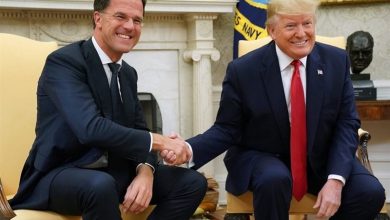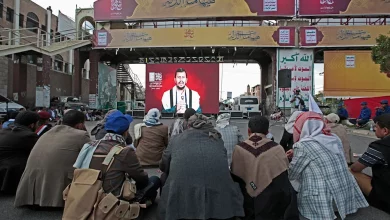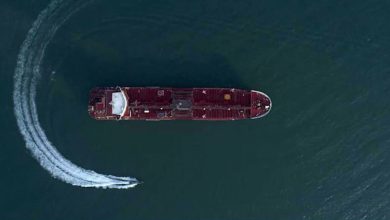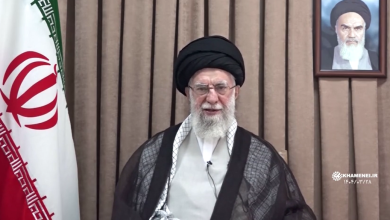After decades of profound failure, US needs to change Iran policy: Top diplomat
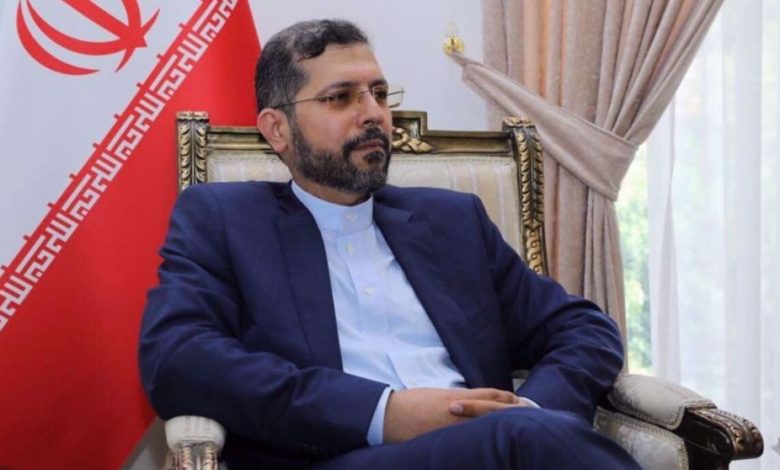
A senior Iranian diplomat says “it is high time” for the United States to adopt fundamental changes in its approach toward the Islamic Republic, as it has gained nothing, but failure in decades of animosity against the country.
Iran’s Foreign Ministry spokesman Saeed Khatibzadeh said on Thursday that Washington has “profoundly failed” in decades of efforts to “exclude Iran from international law and politics.”
“It is high time for the US to adopt fundamental changes in its thinking and thus its approach,” he said in a tweet.
For decades, the US has attempted to exclude Iran from international law & politics. It has profoundly failed.
It is high time for the US to adopt fundamental changes in its thinking and thus its approach.
My address at this year’s Tehran Dialogue Forum:https://t.co/NvPg3XNFpJ — Saeed Khatibzadeh (@SKhatibzadeh) March 19, 2021
US needs to return to JCPOA
In separate remarks, Khatibzadeh said it was Washington that shut the door and left Iran’s landmark nuclear deal, and that it is time for Washington to re-enter the deal and lift its harsh economic sanctions on the country.
Back in 2015, Iran singed the Joint Comprehensive Plan of Action (JCPOA), with the P5+1 group of countries — the US, the UK, France, Russia and China, plus Germany.
The administration of former President Donald Trump, however, unilaterally withdrew from the deal in 2018, and re imposed anti-Iran sanctions that had been lifted under the deal.
Now with Democratic president Joe Biden in the White House, Washington has signaled its willingness to rejoin the JCPOA, yet it has conditioned the move on Tehran’s resumption of its commitments under the 2015 deal, despite the US being the oath breaker.
The White House National Security Adviser Jake Sullivan said last month that the US would soon start a series of negotiations with Tehran in a bid to resume nuclear talks.
Khatibzadeh, however, dismissed Sullivan’s remarks, saying, “Until now, Iran hasn’t received any message, either direct or indirect, from the new US administration.”
The Iranian diplomat made the remarks in an interview with Russia’s news media, Sputnik, saying that Tehran has no plans to send a message to the US either.
He said it was Washington that decided to leave one of the “longest and most detailed international agreements.”
“The JCPOA has a defined road map…and this is the reason why talks …are not even necessary,” Khatibzadeh added.
Iranian officials say despite its overtures, the new US administration has not changed Washington’s hostile policies toward Tehran, including the “maxium pressure” strategy followed by former President Donald Trump.
US imposes sanctions on 10 Iranian nationals
In yet another move against the Islamic Republic, US prosecutors charged 10 Iranian nationals charged with conspiracy to violate legal sanctions against the Islamic Republic on Friday.
“In a wide-ranging scheme spanning nearly two decades and several continents, the defendants conspired to abuse the US financial system to conduct hundreds of millions of dollars in transactions on behalf of the government of Iran,” said acting US Attorney Tracy Wilkison.
Washington has also filed a civil forfeiture action seeking more than $157 million.
A spokesman for the US Attorney’s Office in Los Angeles said defendants, eight men and two women, were outside the United States and had not been arrested.
Khatibzadeh told Sputnik that Washington’s “policy of maximum pressure has failed.”
“If we look at statistics, released by international bodies such as the International Monetary Fund and the World Bank, we will see that the recession in Iran is officially over and that that positive trend is projected [to continue],” he said.
Iran boosts ties with regional trade partners
The Iranian diplomat also said Tehran has taken “effective steps” to boost ties with its regional trade partners, including the United Arab Emirates (UAE) and Qatar, adding it is Iran’s legitimate right to expand its trade.
The spokesman, however, criticized the UAE and some other Arab states for normalizing relations with the Israeli regime.
“Our neighbors have mistakenly thought that they would avoid a turmoil if they established ties with them [Israel].”
Last year, the UAE and Bahrain signed controversial normalization agreements with Israel at the White House.
With the US-brokered deals, the UAE and Bahrain became only the third and fourth Arab states to ever normalize their relations with Israel after Egypt and Jordan.
The agreements, however, sparked outrage among the Muslim world and the Palestinians, who described them as an act of treason against the Palestinians.
The deals run counter to a long-standing Arab consensus that any normalization of ties with the Tel Aviv regime has to come in the context of the settlement of the Israeli-Palestinian conflict and the establishment of a sovereign Palestinian state.
“The issue of Palestine has always been the core of all problems in the region,” said Khatibzadeh.
He said under a plan proposed by the Islamic Republic “all Palestinian refugees are entitled to go back to their lands.”
The spokesman also said that “the fate and the rights of Jews who were born in Israel, should only be determined after the establishment of a Palestinian state and after the adoption of a constitution.”
Palestinians seek an independent state in the occupied West Bank and Gaza, with East Jerusalem al-Quds as its capital.

